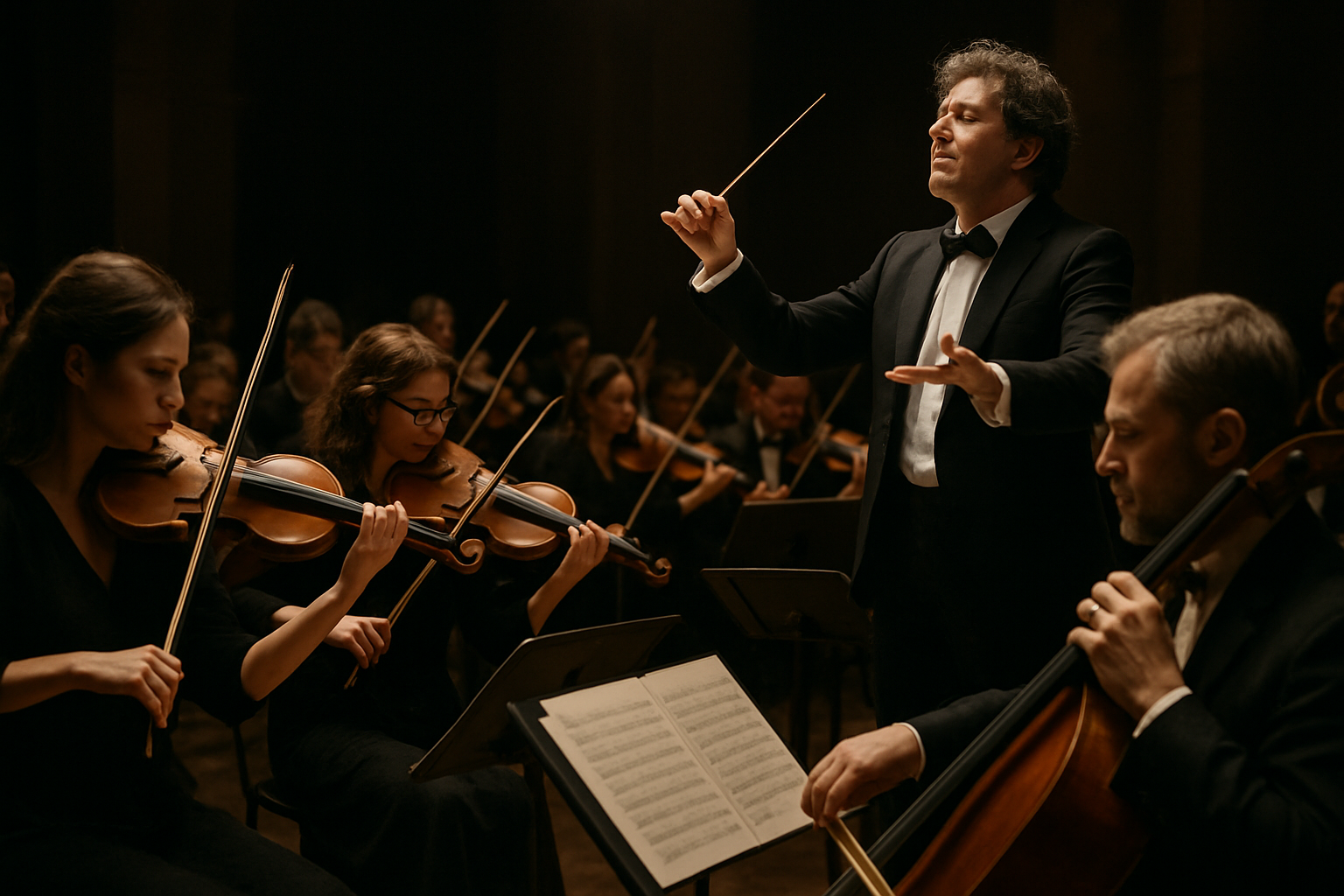Classical music has long enchanted and bewildered audiences with its intricate compositions and emotional depth. It serves not only as an auditory experience but also as a passage to the ineffable, the indescribable elements of human consciousness that lie beyond words.
The Power of Sound
Music possesses a unique ability to convey emotions and ideas that language often fails to capture. As composer Ludwig van Beethoven once said, “Music is a higher revelation than all wisdom and philosophy.” This sentiment highlights how music can transcend intellectual understanding, touching the core of human experience through sound.
Emotional Resonance
- Expressive Depth: The intricate compositions of artists like Johann Sebastian Bach and Wolfgang Amadeus Mozart convey emotional narratives that speak to the soul, offering listeners a glimpse of something greater than themselves.
- Cathartic Experience: The swelling crescendos and delicate harmonies found in classical music pieces allow listeners to process complex emotions, providing a form of catharsis that is both personal and universal.
The Ineffable Connection
According to The Guardian, classical music can act as a bridge to the ineffable by engaging our senses on multiple levels. The renowned conductor Leonard Bernstein noted, “Music can name the unnameable and communicate the unknowable.” This suggests that through music, individuals can connect to deeper spiritual or existential realities that lie beyond direct communication or understanding.
Further, the communal experience of enjoying a live orchestral performance creates a shared sense of awe and wonder. As musicologist Susan McClary asserts, “Music mediates between the individual and the universal, creating a space where one can experience a connection to something greater.” This shared space emphasizes the ineffable nature of music, where meaning shifts and evolves with every listener.
Conclusion
In a world often dominated by visual and tangible realities, classical music offers an extraordinary pathway to the ineffable. Through its emotional depth and communal experiences, it provides an invaluable lens through which to explore the uncharted territories of human consciousness and the sublime aspects of existence.
“Music expresses that which cannot be said and on which it is impossible to be silent.” — Victor Hugo
For those who seek to touch the intangible, the unseen orchestra plays on, eternally inviting us to listen.
